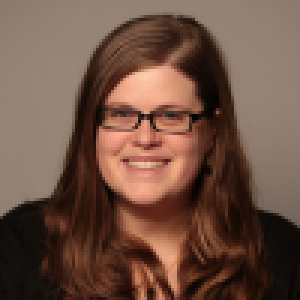Charli Sakari

Charli Sakari
()
Associate Professor
Physics and Astronomy, College of Science and Engineering
Bio:
Charli Sakari is an Assistant Professor in the Physics & Astronomy Department at San Francisco State University. Originally from Springfield, OR, Dr. Sakari attended Whitman College in Walla Walla, WA, graduating cum laude with a BA in Physics-Astronomy and Applied Mathematics, with honors in Physics-Astronomy. She then completed her PhD at the University of Victoria in Victoria, BC, Canada in 2014, where she was a Vanier Scholar. Her PhD thesis was entitled, “Chemical Abundances of Local Group Globular Clusters.” Dr. Sakari then completed her post-doctoral research at the University ofWashington, in Seattle. Dr. Sakari’s research interests include chemical abundances of stars in globular clusters and galaxy field stars, including metal-poor stars. She is also interested in stellar evolution, nucleosynthesis (the creation of the elements), and galaxy formation and evolution.
My research use spectra of stars and globular clusters (GCs) to understand the assembly histories of galaxies, a process sometimes referred to as "Galactic Archaeology." Stellar spectra reveal the chemical fingerprints of atoms that are present in the stellar atmospheres. The abundances of these elements can reveal valuable information about how galaxies and star clusters form over time!
I am a core member of the R-Process Alliance, an interdisciplinary collaboration with the goal of studying the formation of the heaviest elements in the periodic table.
I am also a co-lead for the Chemical Nucleosynthesis working group for the Maunakea Spectroscopic Explorer, a planned upgrade to the Canada-France-Hawaii Telescope (CFHT).
For an introduction to my research check out some of my papers or my book!
Check out my papers on ADS!
Find my book at Morgan & Claypool.
Here are the community agreements we have created for our Research Group:
- Be nice to each other, which includes being respectful, considerate, and compassionate
- Build off of each other's ideas
- Have fun thinking about new possibilities and ideas
- Don't feel embarrassed to share thoughts! On the other side, don't judge each other! Remember that an outside perspective can be very valuable!
- Work as a team, collaborate, and ask questions of each other
- Do research! Research includes a lot of things, including reading, installing programs, getting ready to work with data, struggling... It's a process!
- Help motivate each other
- Pass along wisdom and make suggestions.